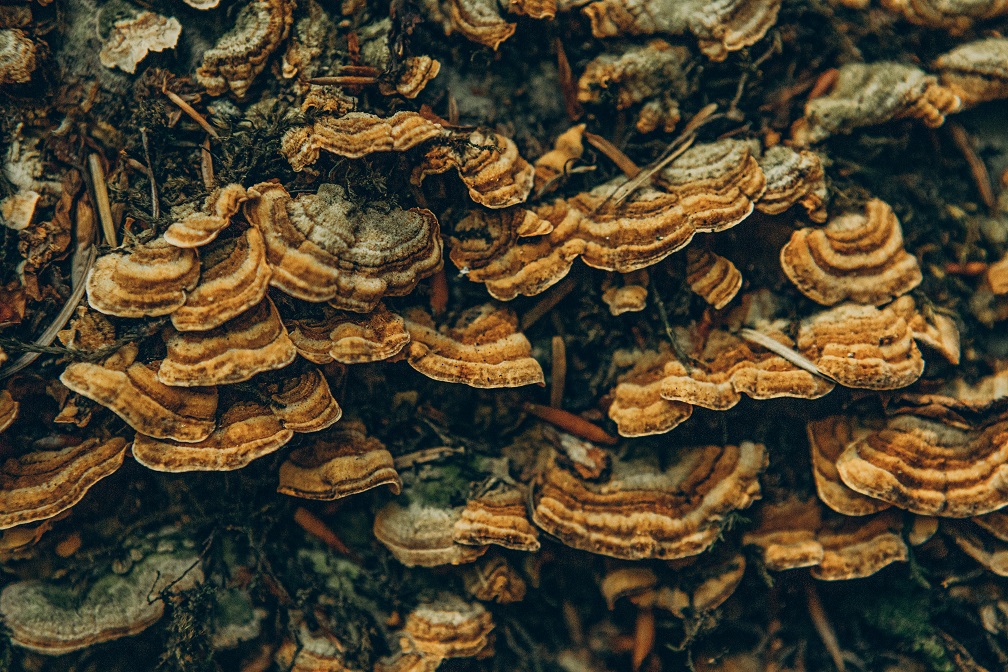Psilocybin trials show benefits for mental health and well-being.
In a new paper published in Scientific Reports, researchers suggest that psilocybin microdosing has been associated with improvements in psychomotor abilities as well as mood and overall mental health of those patients who have used it in clinical trials. Authors specifically suggest, “Psilocybin microdosers demonstrate greater observed improvements in mood and mental health at one month relative to non‑microdosing controls.” This is the second manuscript of the world’s largest microdosing study, led by Quantified Citizen (QC).
The team explains that “microdosing involves regular self-administration of psychedelic substances in doses small enough to not impair normal cognitive functioning. The most widely reported substances used for microdosing are psychedelic mushrooms and LSD, and to a lesser degree other psychedelic substances such as mescaline and 2-CB7. Surveys of microdosing psilocybin have identified diverse practices but generally converge on the self-administration, 3–5 times per week, of 0.1 to 0.3 g of dried mushrooms.”

While there was general improvement in mood across all age groups, the team has also discovered that individuals over the age of 55 felt microdosing was “associated with greater improvements in psychomotor performance relative to those who do not microdose,” and that same demographic “exhibited an even larger improvement in psychomotor performance when psilocybin is stacked with lion’s mane and niacin.” This is referred to as the ‘Stamets Stack.’
The authors contend that, “Improvements in mood, emotional well-being and cognition have been reported among the top motivations for microdosing and several cross-sectional studies have identified associations between microdosing and perceived improvements in mood and cognitive functioning [as well as] reductions in stress, depression and anxiety.” They explain further, there are different ways to microdose, and the authors write, “Microdose practices are diverse and include combining psilocybin with substances such as lion’s mane mushrooms (Hericium erinaceus; HE) and niacin (vitamin-B3). Public uptake of microdosing has outpaced evidence, mandating further prospective research.” As more research becomes available, practitioners will be able to determine best practices.
One of the biggest criticisms of studies such as this one, however, is that observational research is largely uncontrollable, and the state impact could be a placebo effect rather than providing measurable results. However, co-author Paul Stamets addresses this by suggesting that the Finger Tap Task, a psychomotor intervention, adds to the legitimacy of the results. He said, “The tap test results are interesting. Although a placebo in this type of observational study is not appropriate, the tap test results with microdosing combining psilocybin, niacin and Lion’s Mane over baseline, and in comparison to psilocybin taken with any other combination, stands out as a strong signal of significance for psychomotor performance. The QC app was designed for just such a purpose: to find improvements which can further inform clinical study design – with double-blinded placebo controls. It is hard to imagine that expectancy would be selective using this stack in improving the tap test in an older population. We are excited to test this clinically.”
The team will continue to measure the outcomes of microdosing with various methods to help a wide range of mental health ailments, including anxiety, depression and PTSD, as well as chronic pain.


Join the conversation!